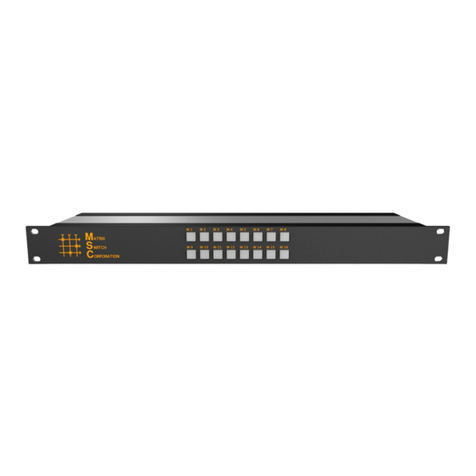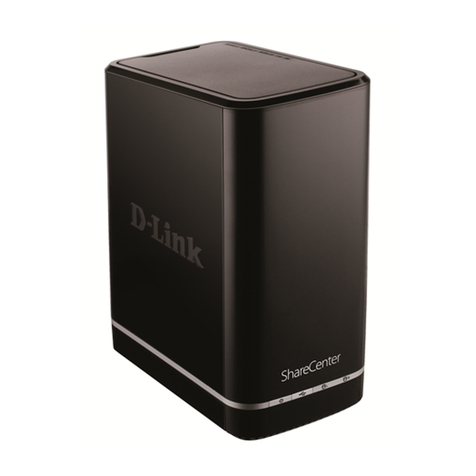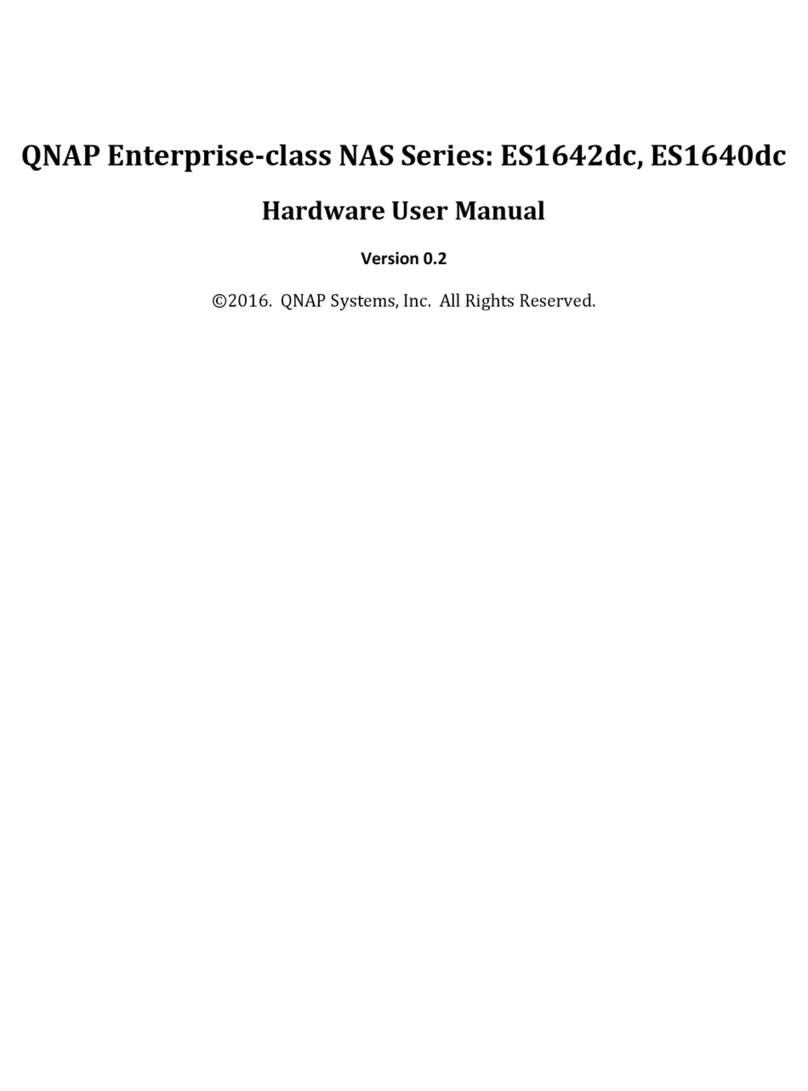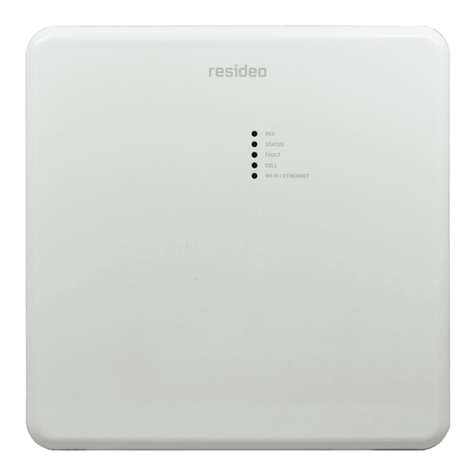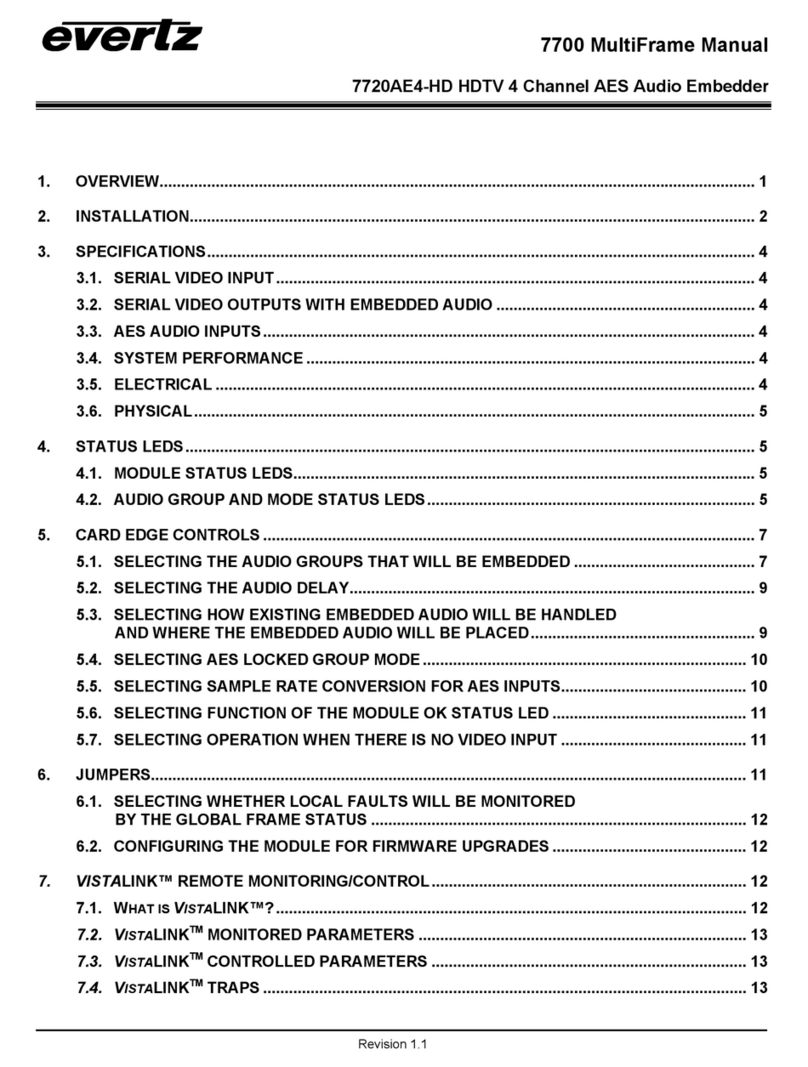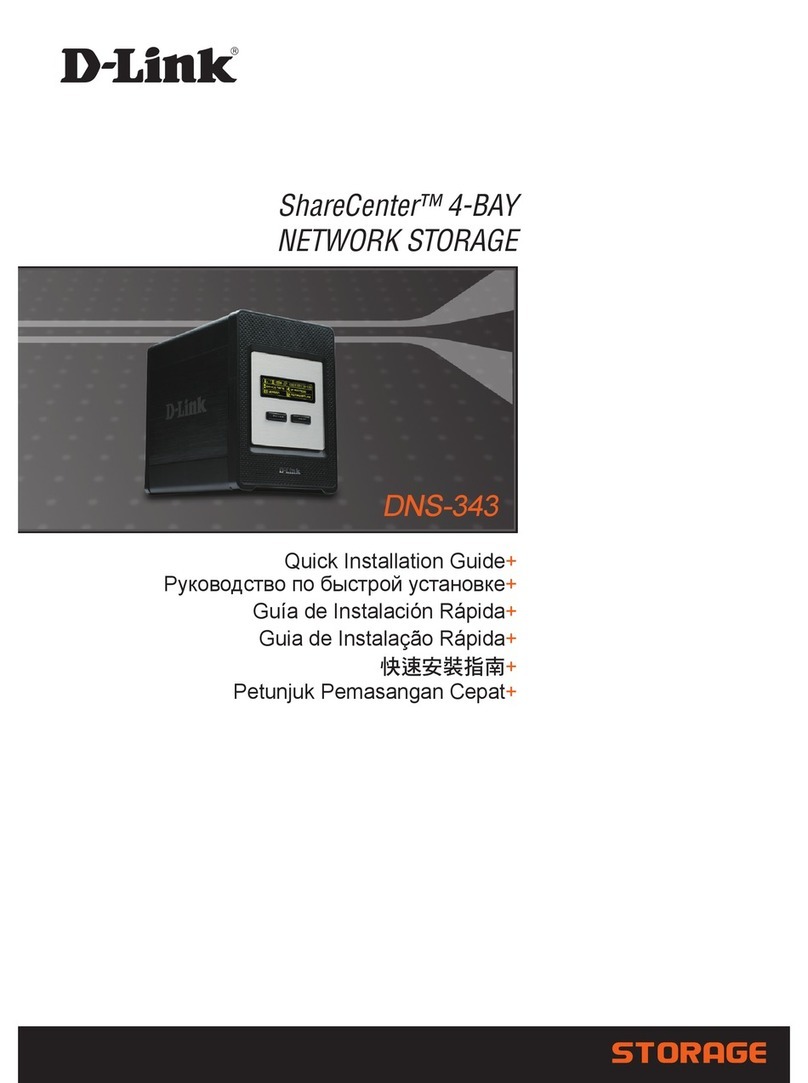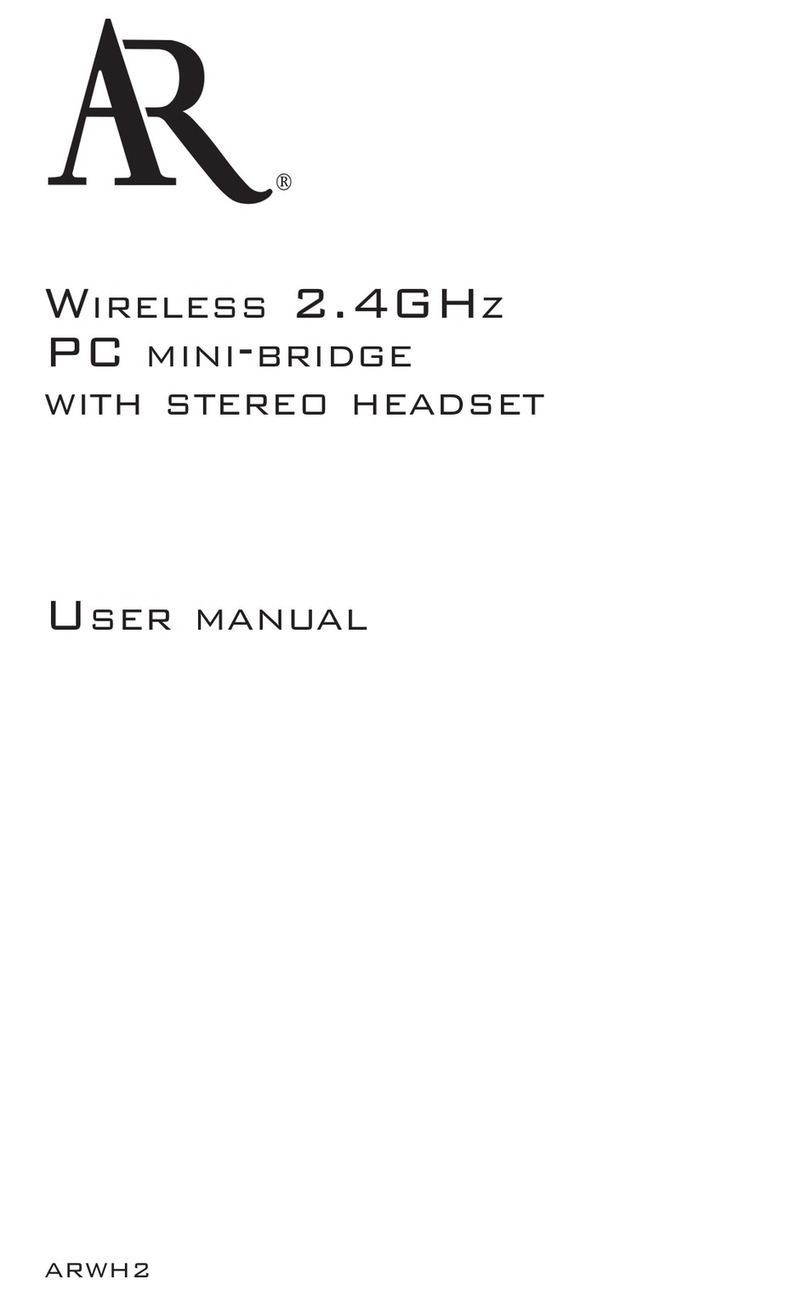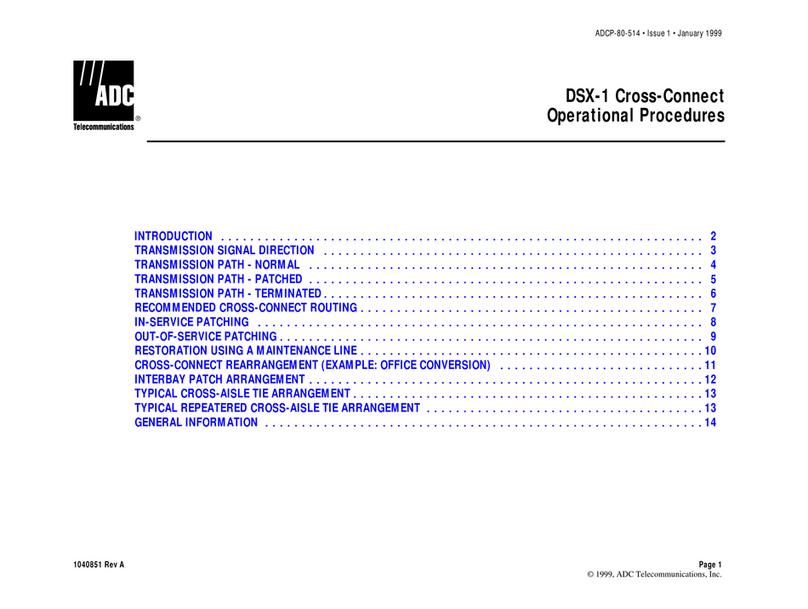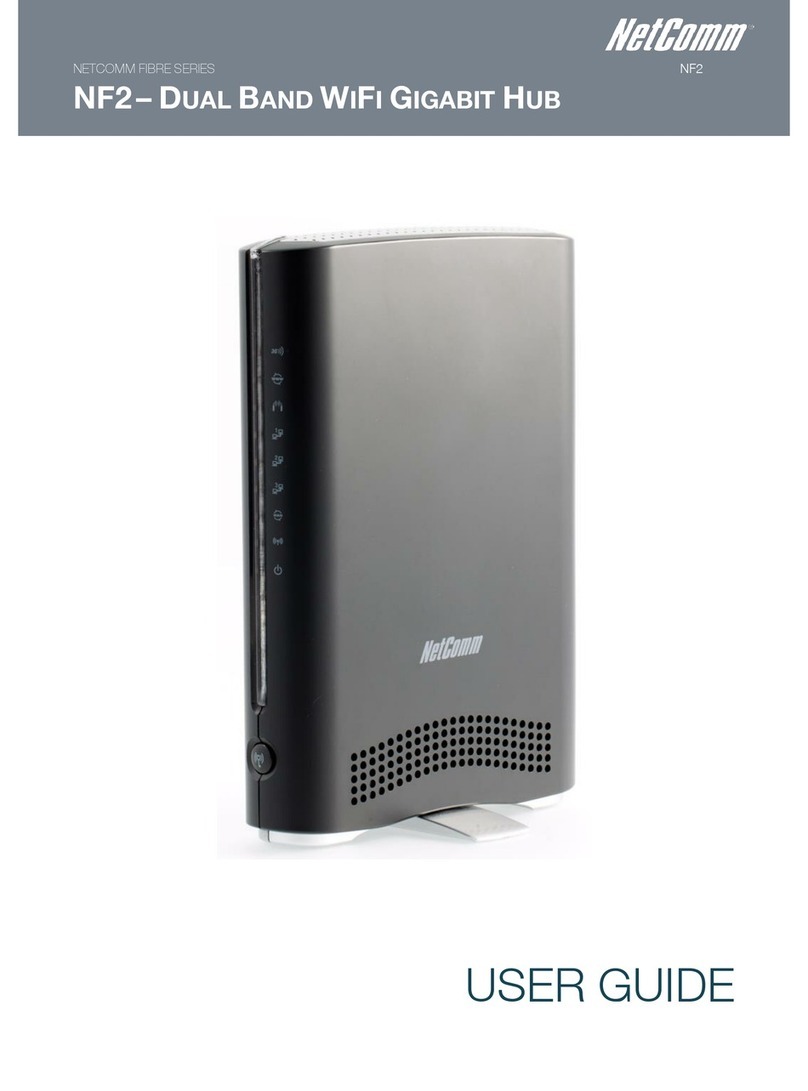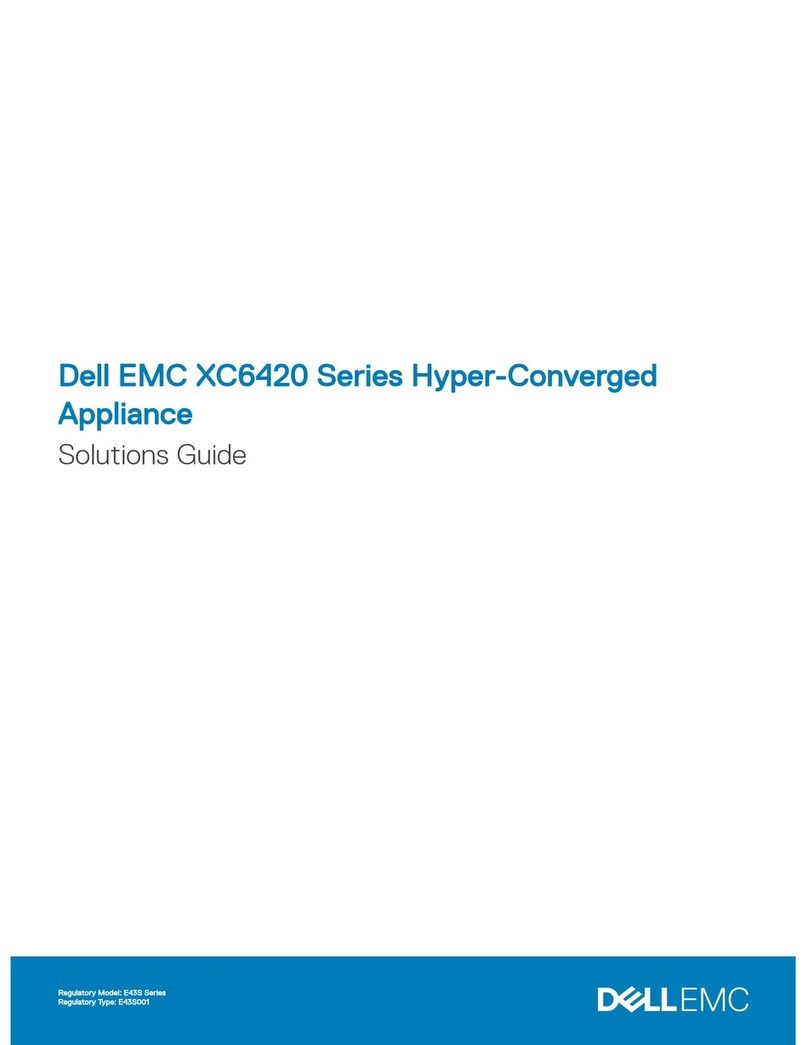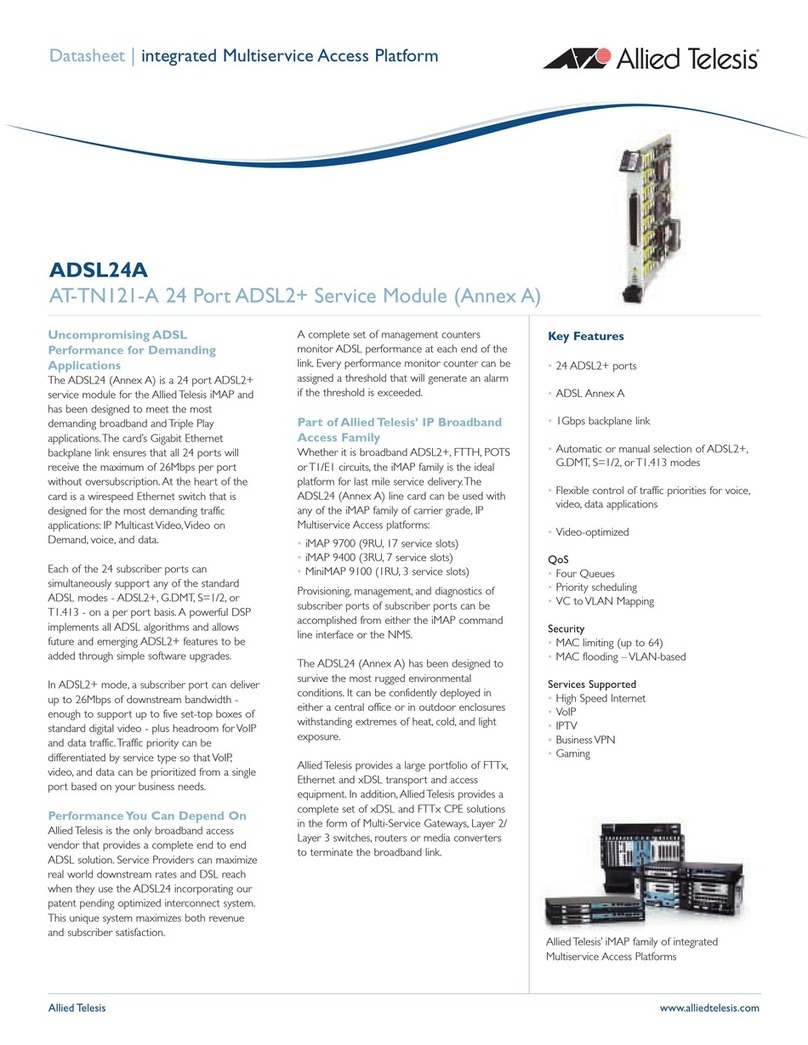Step 2 - (Virtually) Connecting Your USB Device
In the USB Devices tab, the following information is shown:
Action:The Action column contains an icon
Device Name:The name of your USB device. This is the name programmed into the USB
device itself. Note: This name can be changed. Read the USB DEVICE
CONFIGURATION subsection in the Changing USB Server's Settings
section in this manual for more details.
Status:This is the current Status of your USB device. This field is
dynamic and will change as you start to use USB devices
through the USB Server. For now, we're only concerned
with the Available status (which means that the USB device is
ready to used via the USB Server) but there are other Status.
For details, please see the USB Device Status Details subsection
later in this manual.
Location:This column shows the server and server's USB port number
that your USB device is connected to. For example, the
location 'MyServer:3' means that your USB device is connected
to USB port number 3 on the USB Server called 'MyServer' .
Note: You can change the name of your USB Server. Read the
USB Server Settings Descriptions subsection in the
Changing USB Server's Settings section in this manual
for more details.
To use a USB device, you will need to first 'connect' your USB device via the Keyspan Server
Utility software.
To connect your USB device to your computer via the USB Server, select your USB device and
then click the green Connect button under the ACTION column as shown below:
You will notice that your USB device's Status will change from Available to In Use by
[ComputerName]. At this point, you can now use this USB device as if it is connected directly to
your computer. You can repeat this step for every USB device that you want to use.
